Colleges and universities are witnessing a surge in hemp research as scientists strive to uncover new uses and deepen their understanding of this versatile plant. Leading the way in hemp-based cannabidiol (CBD) research are several universities in New York state, with other states following closely behind.
Numerous educational institutions in New York have been granted licenses to study hemp properties for various applications, including medical use of CBD. Cornell University and SUNY Morrisville are among the institutions at the forefront of this research. Cornell University, renowned for its agricultural school, is conducting studies on how genetics and environmental factors influence cannabinoid levels, developing a novel genotyping system, and testing molecular markers.
Notably, prominent cannabis companies like Charlotte’s Web are actively participating in these studies in New York. Governor Andrew Cuomo has recently allocated $5 million in grants for hemp research, further fueling the momentum.
The flourishing landscape of university research can be attributed to the relaxation of regulations, facilitating easier access to hemp for academic research teams.
In addition to exploring new applications for hemp and CBD, researchers are focused on refining cultivation practices. Given the historical legal restrictions on hemp, there is still much progress to be made in establishing optimal farming techniques.
As university research in hemp continues to expand, cultivation practices will become more mainstream, providing both novice and experienced hemp farmers with well-defined best practices.
While CBD-rich hemp remains a primary interest for many farmers, there is a growing curiosity about cultivating hemp for fiber and grain. Increased demand for hemp-based products from industries such as textiles and automobiles is likely to drive further university research into these industrial applications.
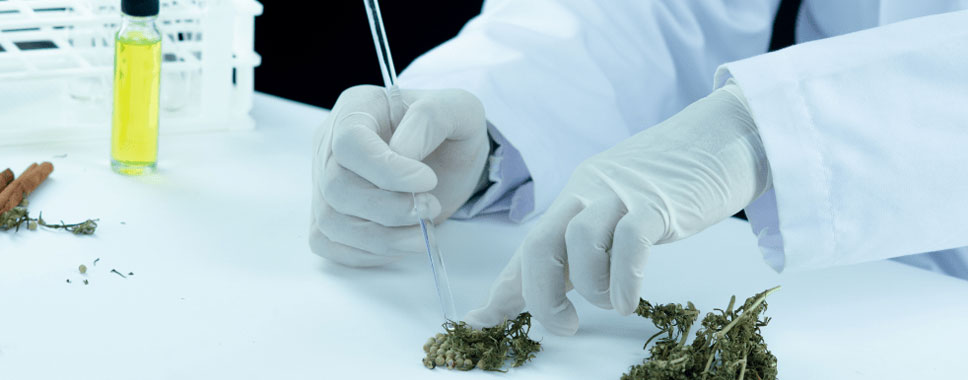
 hempcentral
hempcentral 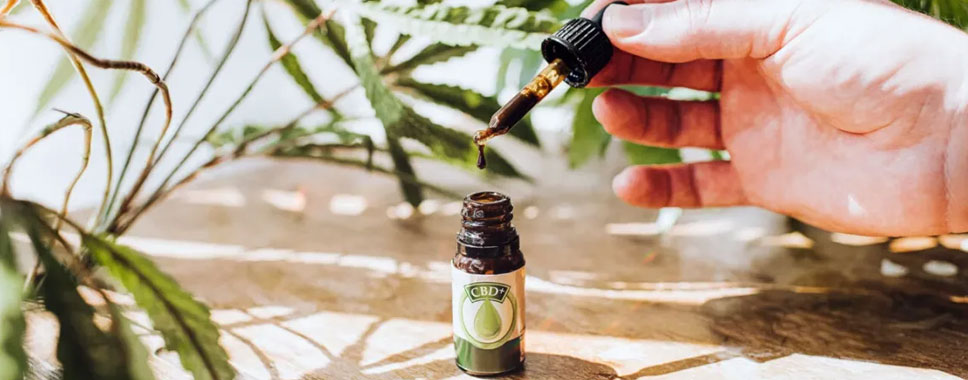
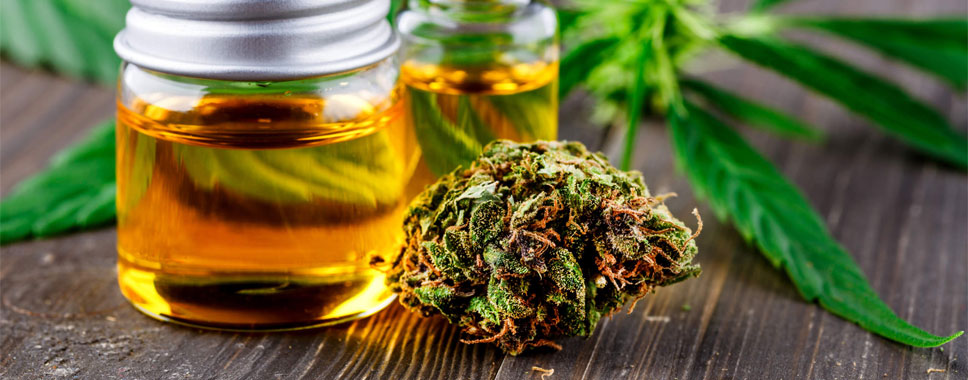
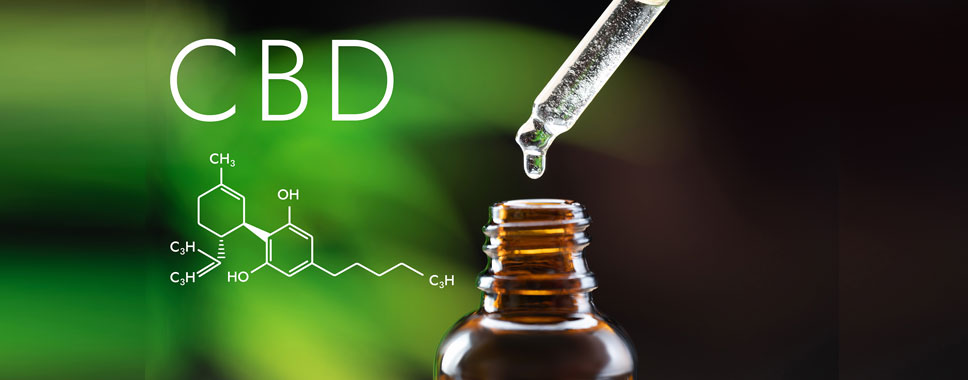
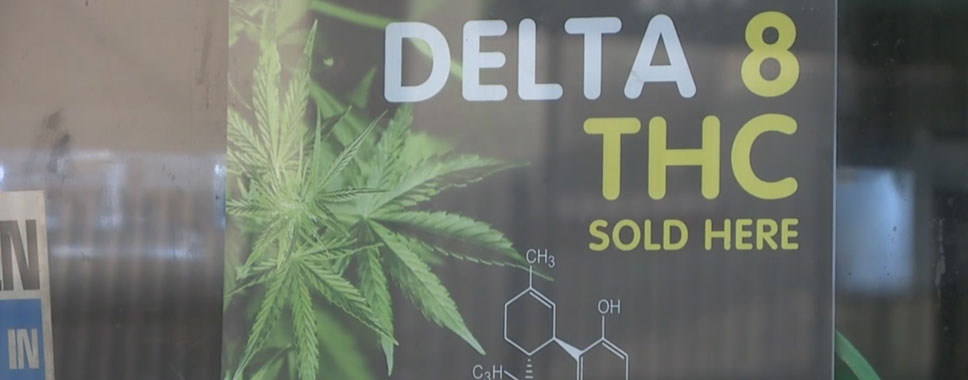
Comments